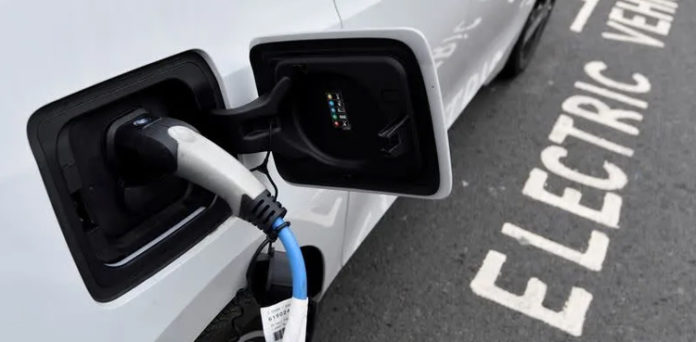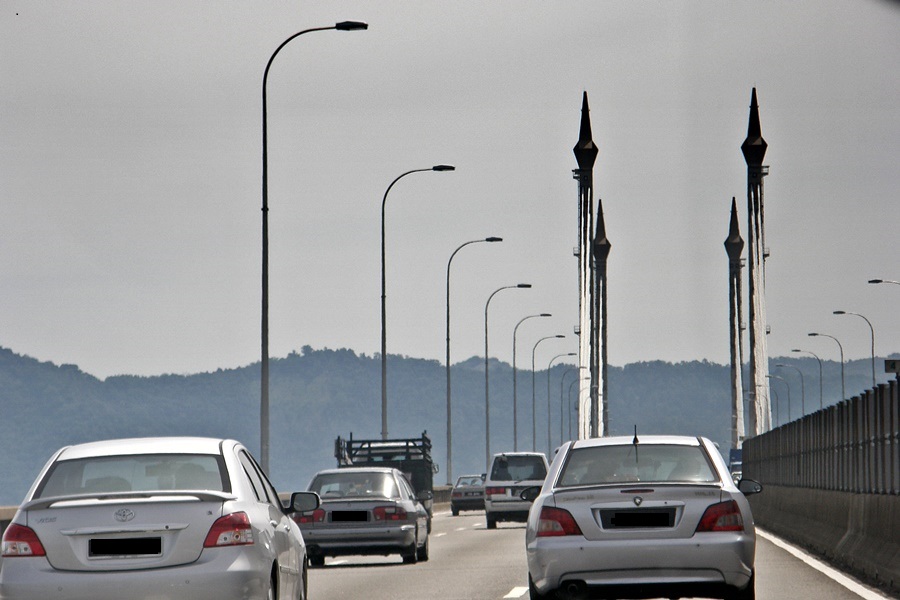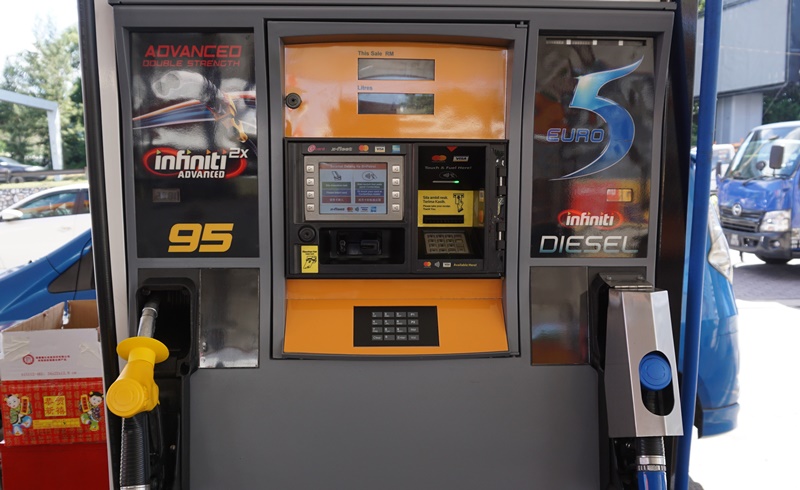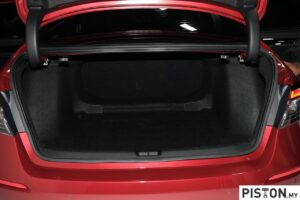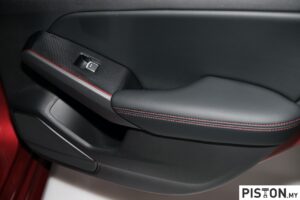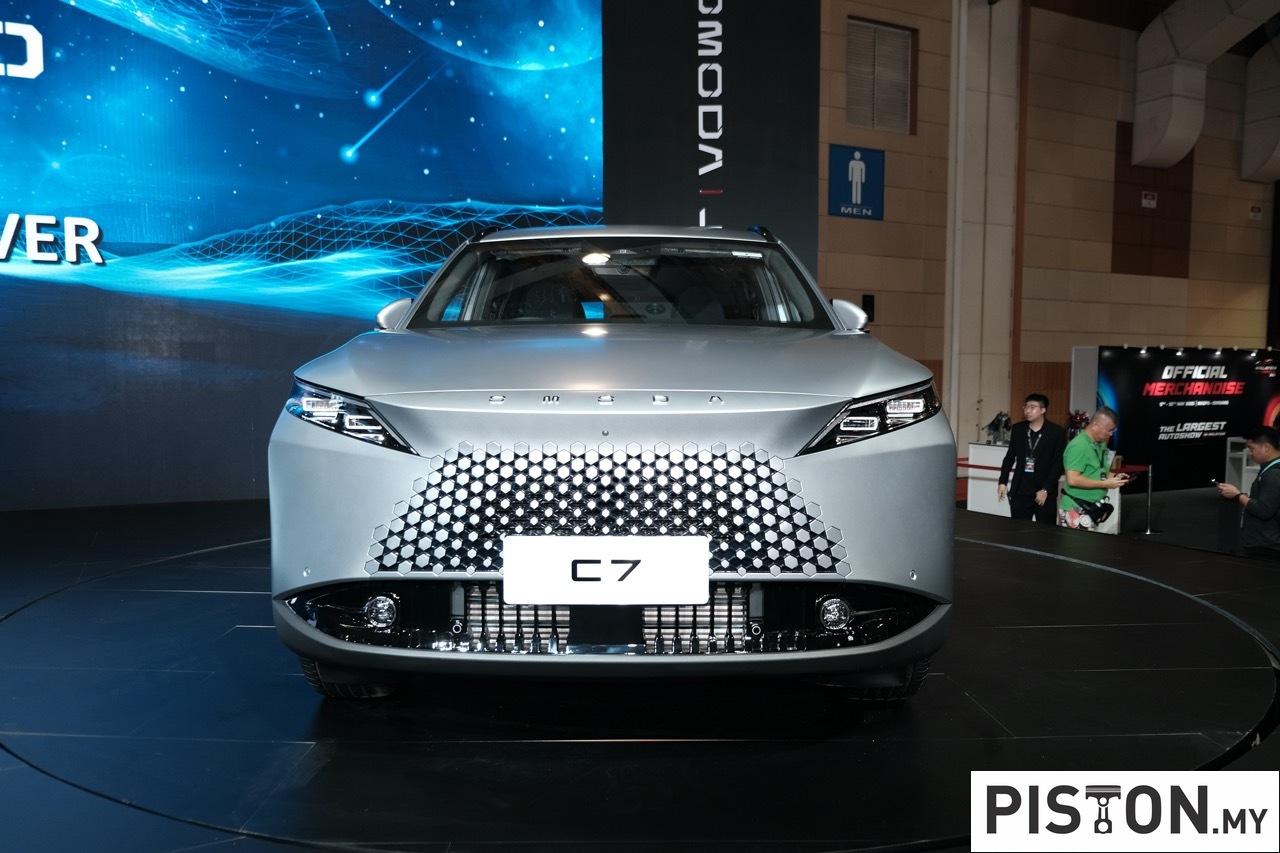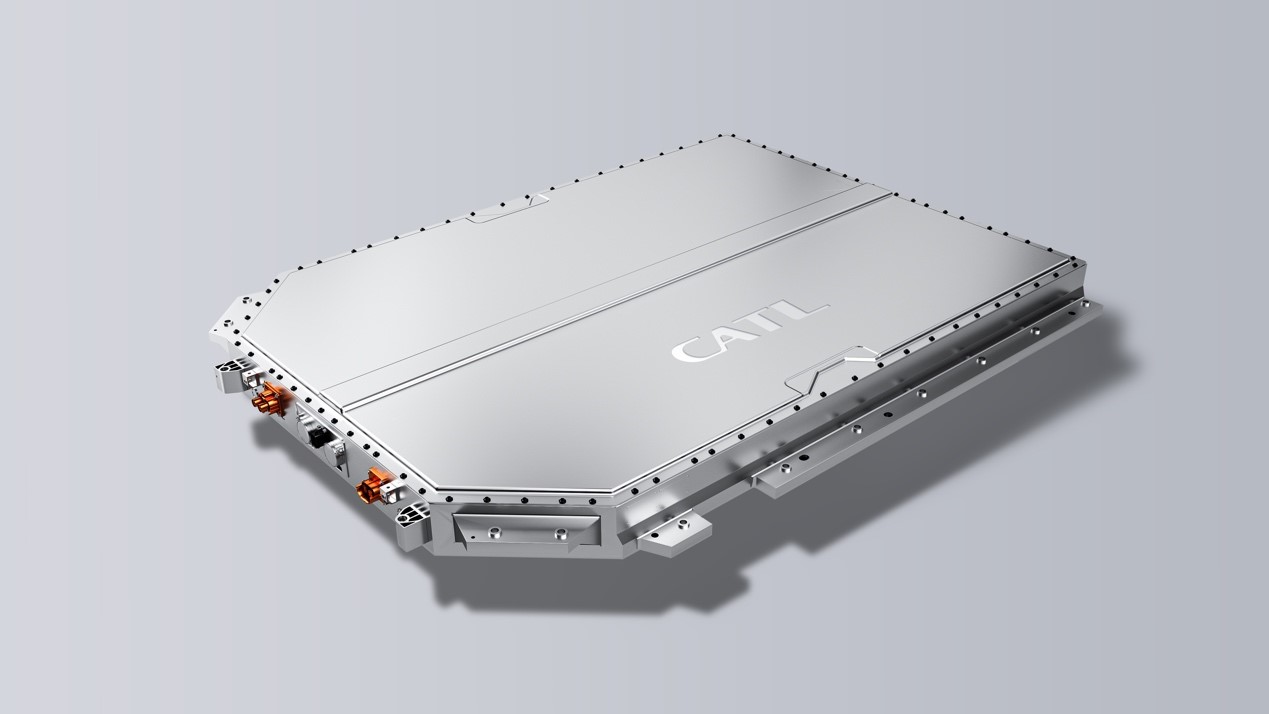Honda Malaysia has officially launched the New Civic, a sophisticated addition to the C-segment sedan market that combines bold design, advanced technology, and exceptional performance. With features like Google Built-In and a hybrid powertrain, the New Civic reflects Honda’s commitment to innovation and excellence. Speaking at the unveiling, Honda Malaysia’s Managing Director and CEO, Mr. Hironobu Yoshimura, highlighted the company’s 2024 success, including over 81,600 units sold, securing an 11th consecutive year of leadership in the Non-National Passenger Vehicle Segment.

He noted that the Civic holds an impressive 81% market share in the Non-National C-segment, emphasizing its strong customer support and trust. The New Civic, he added, is poised to elevate this legacy by delivering an exceptional driving experience through advanced powertrains and seamless connectivity.
The New Civic’s design exudes confidence and modernity, with distinctive updates across its lineup. The e:HEV RS variant features body-coloured grille extensions, lower grille garnishes, and striking 18-inch matte grey alloy wheels, while the Petrol RS showcases sporty black-painted grille accents. A sleek black taillight extension across all variants enhances its contemporary aesthetic, and RS models now include a new RS emblem, underscoring their sporty appeal.

Performance is at the core of the New Civic’s appeal, with two powerful and efficient powertrain options. The e:HEV RS variant is powered by a 2.0L hybrid engine that produces 184PS and 315Nm of torque, paired with an Electric Continuous Variable Transmission (e-CVT) for superior hybrid performance. Meanwhile, the Petrol RS variant features a 1.5L VTEC turbocharged engine generating 182PS and 240Nm of torque, offering a thrilling and dynamic driving experience.
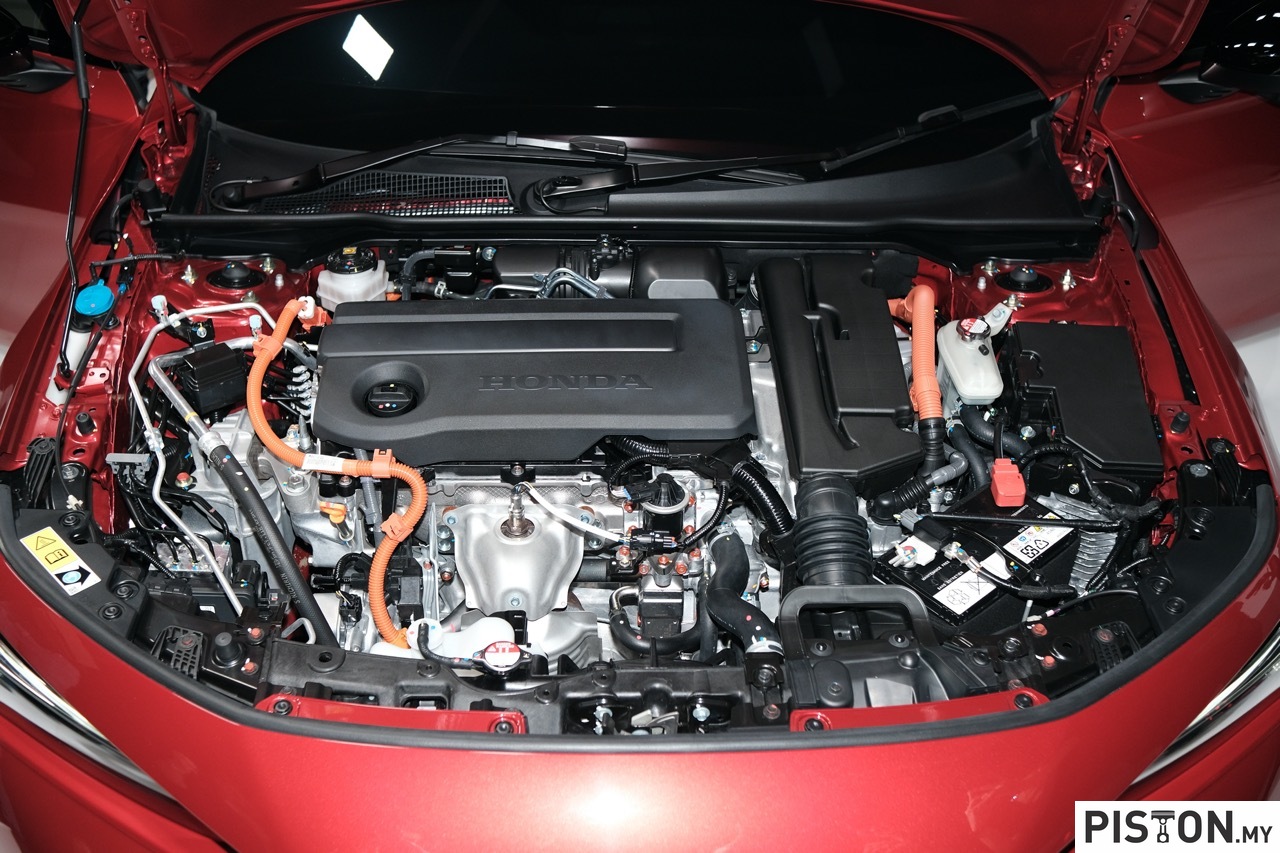
Inside, the New Civic redefines comfort and connectivity with its advanced features and design. The e:HEV RS boasts red accents in its leather upholstery, adding a sporty and sophisticated touch. The highlight is the Google Built-In feature, allowing drivers to access Google Assistant, Google Maps, and a variety of apps via Google Play, creating a seamless and personalized driving experience. Drivers can enjoy real-time traffic updates, adjust air conditioning through voice commands, and benefit from hands-free functionality. All variants feature a 9-inch Advanced Display Audio system supporting Wireless Apple CarPlay and Android Auto, while RS variants include wireless charging. The e:HEV RS also stands out with a 10.2-inch TFT Meter and a convenient key card.

Safety remains a top priority in the New Civic, with the Honda SENSING suite now standard across all variants. This comprehensive system includes features such as Adaptive Cruise Control, Collision Mitigation Braking System, Lane Keep Assist System, and Forward Collision Warning, among others. Additional safety enhancements include Honda LaneWatch, a Multi-Angle Rear View Camera, Driver Attention Monitor, and Walk Away Auto Lock, ensuring peace of mind for every journey.
The New Civic also offers a refined and quiet driving experience, especially in the e:HEV RS variant, which combines Active Noise Control and Active Sound Control to reduce external noise while enhancing engine sound. This advanced noise management system ensures a serene yet exhilarating drive, supported by features like Remote Engine Start for added convenience.

Available in vibrant colours, including the new Canyon River Blue Metallic alongside Platinum White Pearl, Ignite Red Metallic, Meteoroid Gray Metallic, and Crystal Black Pearl, the New Civic offers both style and practicality. The pricing begins at RM167,900 for the e:HEV RS, RM149,900 for the Petrol RS, RM144,900 for the V variant, and RM133,900 for the E variant.
Honda Malaysia has set a target of selling 1,000 units monthly, aiming to maintain its leadership in the Non-National C-segment market. With its advanced features, bold design, and exceptional performance, the New Civic is set to solidify its position as a top choice for Malaysian drivers.














